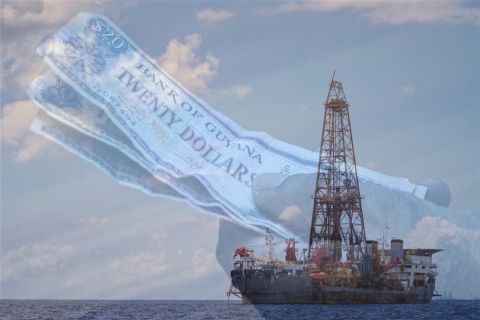The effect of (LNG) exports on domestic natural gas prices would likely not be impactful, according to a new study from Rice University's James Baker Institute for Public Policy. The paper, authored by Kenneth Medlock, the institute's Baker Fellow in Energy and Resource Economics, also predicts that the long-term volume of LNG exports would not likely be very large.
The study, U.S. LNG Exports: Truth and Consequence, concludes the model that has been presented to policymakers is flawed because it assumes a certain volume of exports rather than recognizing that international market response will ultimately limit the amount of LNG exported.
"The question before policymakers is one of licensing a capability, not licensing a fixed volume," Medlock says. "Therefore, this issue must be viewed in the context of international trade if informed policy decisions are to be made."
As an example, Medlock points to the shutdown of all of Japan's nuclear reactors in the wake of the Fukushima Daiichi disaster in 2011, causing LNG price indexes to jump markedly.
"The implication is that the price difference that currently exists in Asia and the rest of the world is at least partially the result of short-term constraints, or transitory factors, meaning they could not be expected to persist," Medlock says. "In fact, the pre-Fukushima pricing relationship ... can be expected to re-emerge as both new LNG delivery capacity is brought online, new sources of supply are developed and, in particular, if Japan's nuclear reactors are restarted."
Furthermore, the study argues that, although LNG gas prices abroad are currently high, the next three decades are not projected to be profitable for U.S. LNG exports. The study based this observation on growing competition in countries with new shale and pipeline developments, including China, Russia, Australia and Argentina.
"If shale opportunities in Europe and Asia, and other sources of imported pipeline and LNG supply can be brought to market, then growth in global production will put downward pressure on prices everywhere," Medlock says.
Medlock's advice to policymakers: "The implication for policy is simple: Market responses will ultimately limit export volumes. The hand-wringing about domestic price impacts is based largely on an incomplete assessment of what should be addressed as an international trade question."
Recommended Reading
NAPE: Turning Orphan Wells From a Hot Mess Into a Hot Opportunity
2024-02-09 - Certain orphaned wells across the U.S. could be plugged to earn carbon credits.
Exxon Versus Chevron: The Fight for Hess’ 30% Guyana Interest
2024-03-04 - Chevron's plan to buy Hess Corp. and assume a 30% foothold in Guyana has been complicated by Exxon Mobil and CNOOC's claims that they have the right of first refusal for the interest.
Petrobras to Step Up Exploration with $7.5B in Capex, CEO Says
2024-03-26 - Petrobras CEO Jean Paul Prates said the company is considering exploration opportunities from the Equatorial margin of South America to West Africa.
The OGInterview: How do Woodside's Growth Projects Fit into its Portfolio?
2024-04-01 - Woodside Energy CEO Meg O'Neill discusses the company's current growth projects across the globe and the impact they will have on the company's future with Hart Energy's Pietro Pitts.
Deepwater Roundup 2024: Offshore Australasia, Surrounding Areas
2024-04-09 - Projects in Australia and Asia are progressing in part two of Hart Energy's 2024 Deepwater Roundup. Deepwater projects in Vietnam and Australia look to yield high reserves, while a project offshore Malaysia looks to will be developed by an solar panel powered FPSO.





